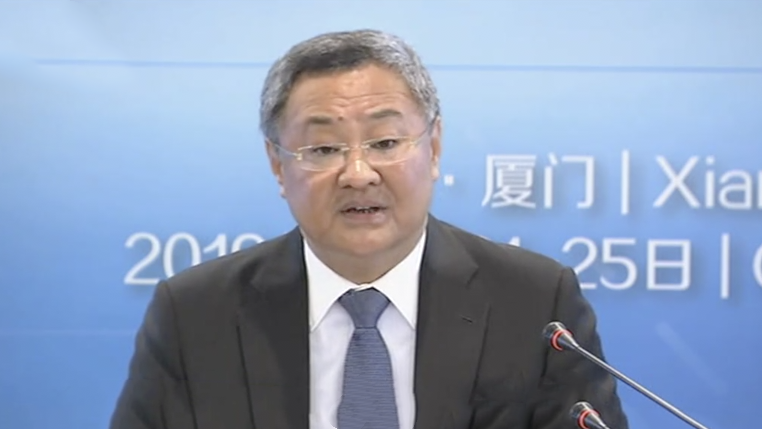Weapons of mass destruction (WMD) became a widely-known term in the mid-2000's during the U.S.-led conflict in the Middle East. And even though talk of them has dwindled in recent years, experts say they still exist. In 2004, the UN Security Council adopted Resolution 1540, a non-proliferation treaty covering WMDs.
And Monday, the United Nations Security Council (UNSC) member countries and organizations held a training course for the resolution in southeastern China, to enhance its implementation.
Preventing the proliferation of WMDs and their means of delivery are two necessary steps toward regional and global peace.
That's the focus of more than 20 UN member countries and organizations in the Asia-Pacific region, who have joined together to share their concerns, and to better implement UN Resolution 1540.
01:50

"To tackle such global challenges, it is indispensable to pursue multilateralism under the guidance of the UN and with the solidarity of all UN member states," said Fu Cong, director general of the Department of Arms Control and Disarmament, China's Ministry of Foreign Affairs.
Officials say China will not deviate from the overall objective of non-proliferation, nor will it scale down its non-proliferation efforts.
He also mentioned actions like the U.S unilateral withdrawal from the Iran nuclear deal, is destroying global collaboration in this regard.
"In an age of globalization and in the face of widespread security threats, no country can be safe on its own, and the global endeavor of non-proliferation won't be effective without international cooperation," said Fu.
Officials also say a more inclusive environment is necessary, to ensure all countries can enjoy the benefits of the peaceful uses of science and technology.